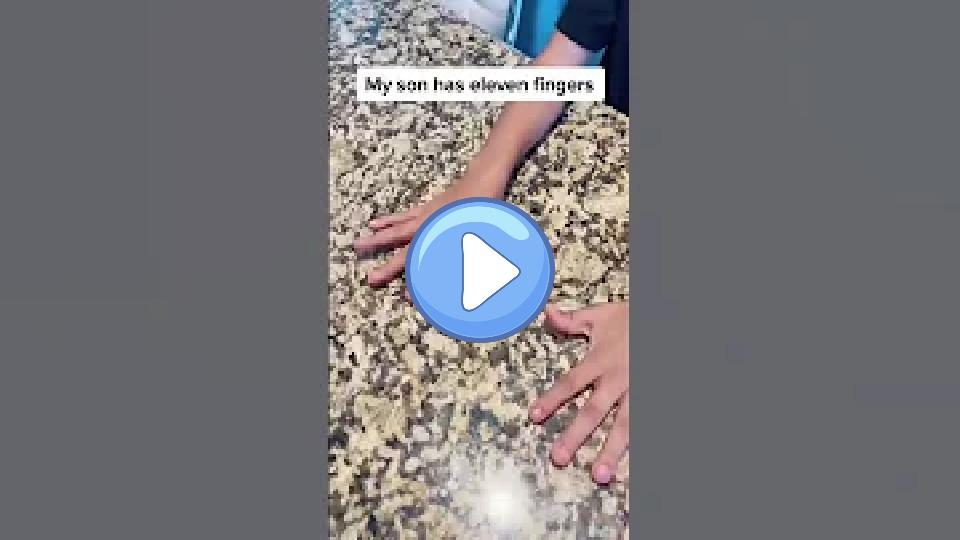Jeremy Abbott's Sports Injuries
Type of Sport: Figure Skating
Jeremy Abbott's Sports Injuries Table
| Type | Area | Date | Consequences | Content | How It Happened | Recovery Duration | Rehabilitation Details | Impact On Career | Psychological Impact | Previous Injuries | Return To Competition | Severity | Treatment | Medical Staff | Long Term Impact | Preventive Measures | Competition Missed | Initial Symptoms | Re Injury Risk | Support System | Rehabilitation Location |
|---|---|---|---|---|---|---|---|---|---|---|---|---|---|---|---|---|---|---|---|---|---|
| Ankle Injuries | Right Ankle | 2011-10-14 | The injury caused swelling and pain, limiting his ability to perform jumps and other elements. | The incident occurred shortly before the start of the 2011-2012 skating season, impacting his preparation and performance in early competitions. | Abbott twisted his right ankle during a landing from a jump in a practice session. | Six to eight weeks | Rest, ice, compression, elevation (RICE), and physical therapy focused on strengthening and flexibility. | Abbott's performance in early-season competitions was affected, but he recovered in time for later events. | Frustration due to the timing of the injury, but maintained a positive outlook towards recovery. | No significant ankle injuries noted prior. | Returned to full competition after two months. | Moderate | RICE method, physical therapy, and gradual return to full activity. | Personal physician and physical therapists. | No significant long-term issues reported, but continued to monitor and strengthen the ankle. | Ankle strengthening exercises and use of supportive footwear during training. | Early-season competitions in 2011 | Swelling, pain, and limited range of motion in the right ankle. | Moderate, with a need for ongoing preventive measu | Coaches, family, and medical professionals provided support. | Training facility and local physical therapy centers. |
| Back Injuries | Lower Back | 2010-11-30 | The injury caused significant pain and limited his range of motion, affecting his ability to train and perform. | The injury was exacerbated by the physical demands of his routines, leading to a decision to withdraw from the competition to focus on recovery. | Abbott suffered a lower back injury during a training session while preparing for the Grand Prix Final. | Approximately two months | Physical therapy, rest, and gradual reintroduction of physical activities. Core strengthening exercises were emphasized. | Abbott had to withdraw from the Grand Prix Final, affecting his competitive standing. | Frustration and disappointment due to missing a major competition, but motivated to return stronger. | No significant back injuries noted prior. | Returned to competition in early 2011. | Moderate to severe | Physical therapy, rest, anti-inflammatory medications, and core strengthening exercises. | Personal physician and physical therapists. | Continued to manage back health with regular physical therapy and strengthening exercises. | Improved core strength and flexibility, regular physical therapy sessions. | 2010 Grand Prix Final | Severe lower back pain and stiffness. | Moderate, with a need for ongoing management and p | Coaches, family, and medical professionals provided support. | Training facility and local physical therapy centers. |
| Concussions | Head | 2014-02-12 | Abbott was visibly in pain and had difficulty getting up, but he continued his performance after a brief pause. | The fall happened during a quadruple toe loop attempt. Despite the concussion, Abbott finished the program and received a standing ovation from the audience. | Jeremy Abbott suffered a concussion after a hard fall during his short program at the 2014 Winter Olympics in Sochi. | Several weeks | Abbott underwent cognitive and physical rest to recover from the concussion, including avoiding any activities that could exacerbate symptoms. | The injury impacted his performance during the Olympics, but he returned to competition later. | The fall was a significant mental challenge, but Abbott demonstrated resilience by finishing his routine. | None related to concussions noted prior. | Abbott returned to competition after several weeks of recovery. | Moderate | Rest and gradual return to regular activities under medical supervision. | Olympic medical team and personal physicians. | No long-term cognitive issues reported. | Increased focus on safe landing techniques and protective measures. | None specifically due to this concussion. | Dizziness, headache, and difficulty standing immediately after the fall. | Moderate risk if not fully recovered before return | Coaches, family, and medical staff provided significant support. | Primarily at home and local medical facilities. |
Jeremy Abbott's Sports Injuries Videos
Sochi 2014 Olympic Skater Failure
Olympic skater Jeremy Abbott falls, landing hard on his face.
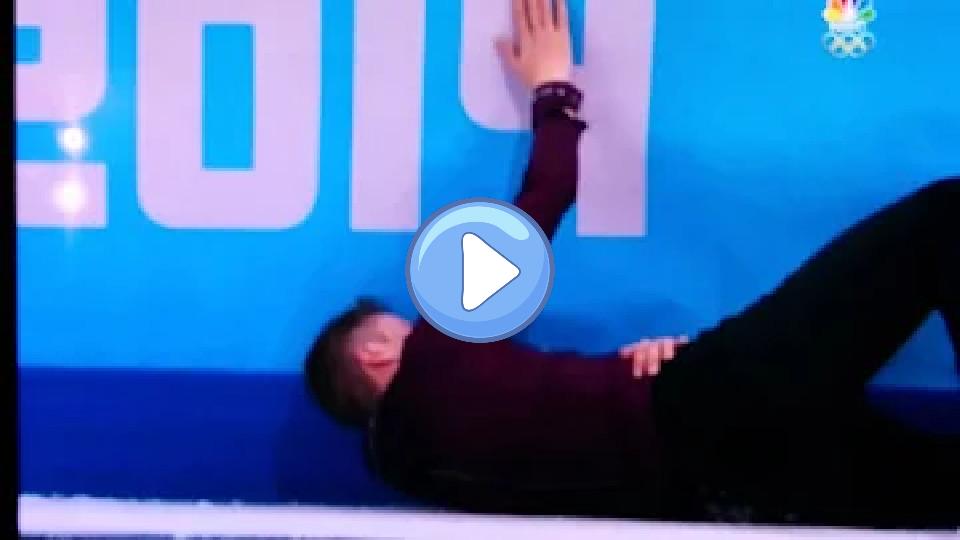
Jeremy Abbott Falls Hard at 2014 Sochi Olympics in Russia: The Complete Video Review
Jeremy Abbott Falls Hard at 2014 Sochi Olympics in Russia - The Complete Video
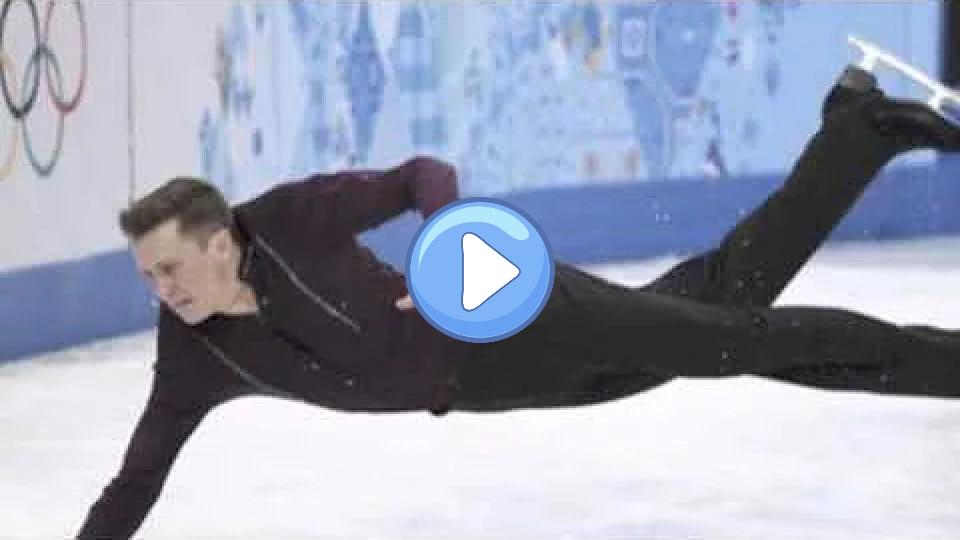
Jeremy Abbott, US figure skating champion, takes a hard fall but finishes his routine to a huge ovation.
Jeremy Abbott, the US figure skating champion, falls hard but finishes his routine to a huge ovation.
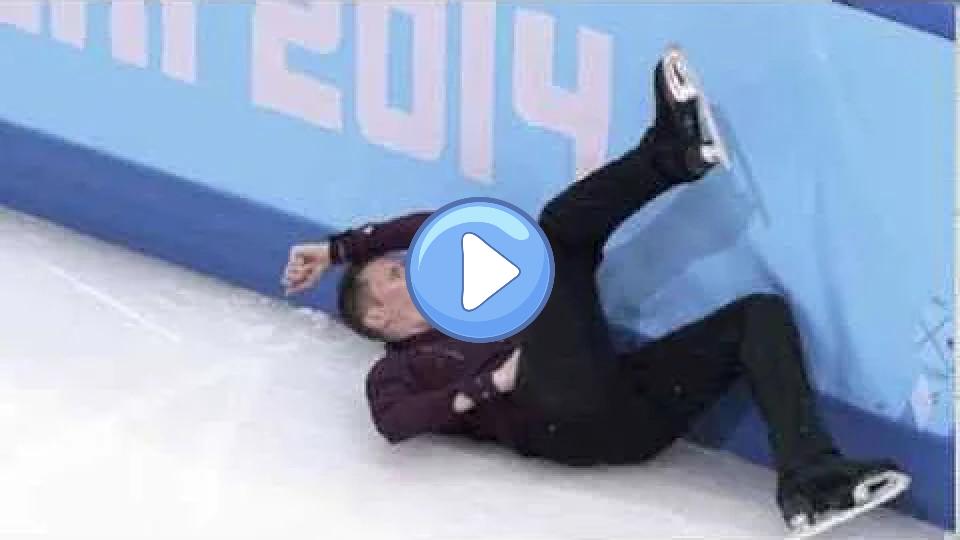
Top 10 Devastating Figure Skating Olympic Falls
Prepare for heartbreak as we delve into the top 10 most devastating figure skating falls at the Olympic Games. The list includes notable incidents such as Barbara Underhill and Paul Martini's fall in 1984, Tai Babilonia and Randy Gardner's withdrawal in 1980 due to injury, and Leticia Hubert's multiple falls in 1992. It also highlights Mao Asada's costly errors in 2014, Mandy Voitsel and Ingo Stoyer's withdrawal in 1994, and Kurt Browning's missed opportunity in 1992. The determination of Zhang Dan and Zhang Hao in 2006, Jeremy Abbott's recovery in 2014, and Yulia Lipnitskaya's fall in 2014 are also featured. Topping the list is Michelle Kwan's fall in 2002, which cost her the elusive Olympic gold.
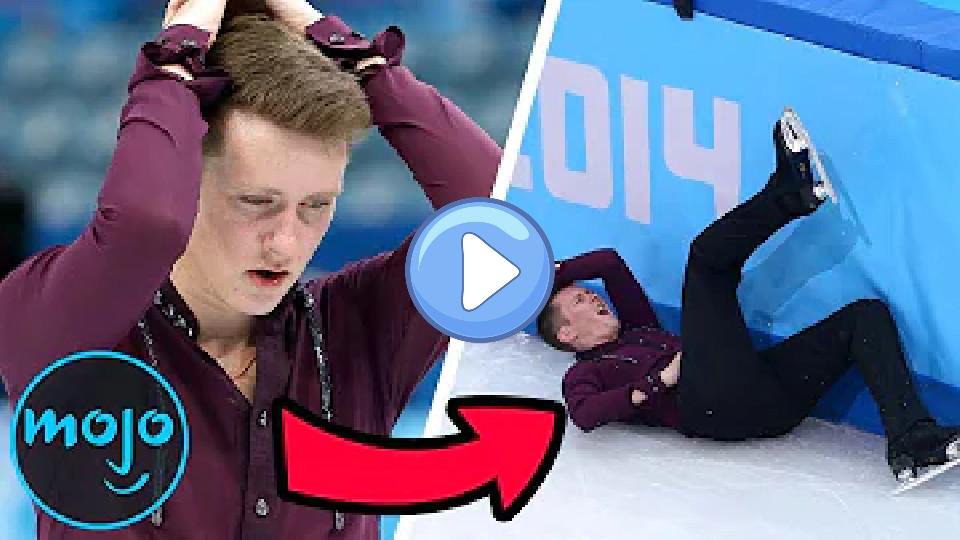
A pedestrian swears at a cyclist before being tragically struck and killed by a car.
A partially-sighted and disabled pedestrian has been jailed for three years over the death of a cyclist she shouted at to get off the pavement.
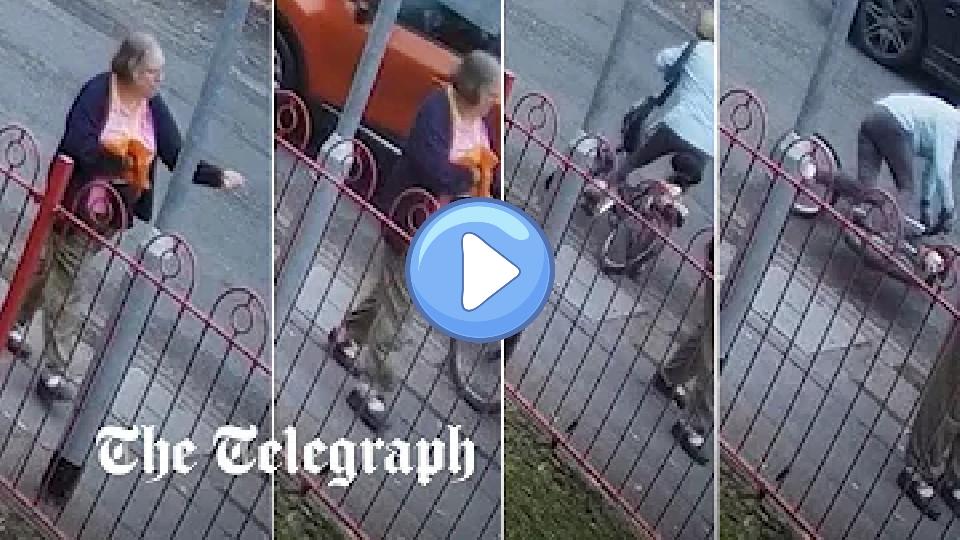
Hill & Abbott Accidents - Jeremy Newson
The video discusses the serious head injury of Michael Schumacher while skiing in the French Alps and mentions other notable incidents like James Cracknell's cycling accident in America. It emphasizes the importance of seeking expert legal help early when considering a claim and advises choosing lawyers carefully. It recommends looking for the Headway and Brain Injury Group logos as marks of excellence, indicating solicitors with the proper experience to handle serious cases.

Karma: Bald man causes accident in Cambridge after road rage
On August 30, 2016, I was verbally assaulted by an aggressive bald driver (0:15) after I legally overtook him on my motorcycle (0:04) ...
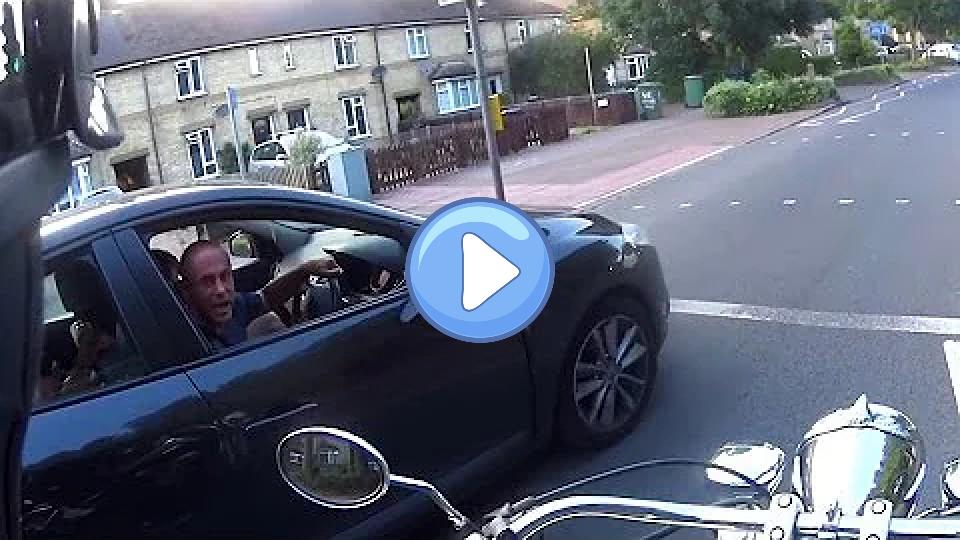
My son has 11 fingers!
George, did you know you have 11 fingers? Watch this: put your hands like this and open them up. Count one, two, skip this finger, three, four, five, six, seven, eight, nine, ten, eleven.
